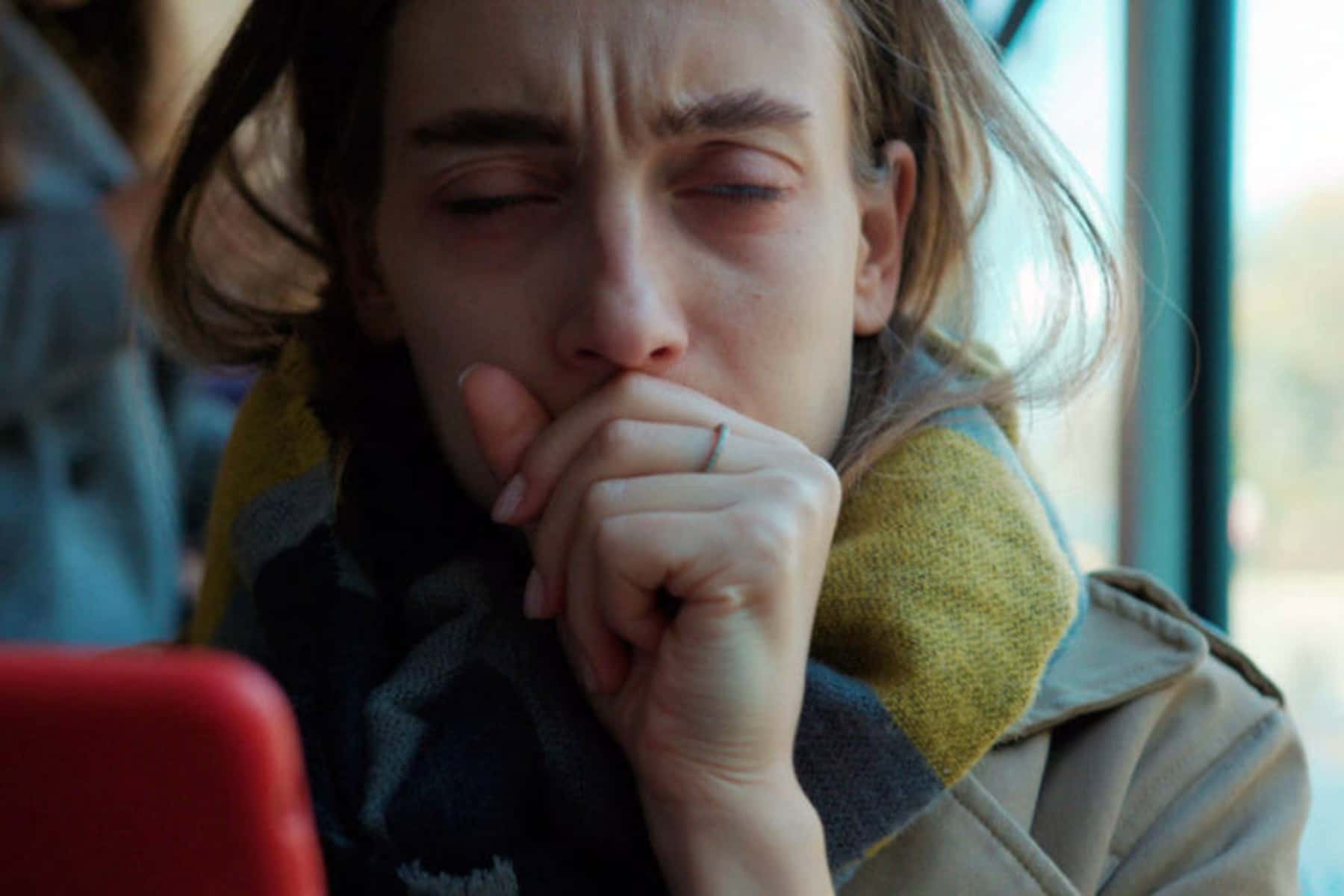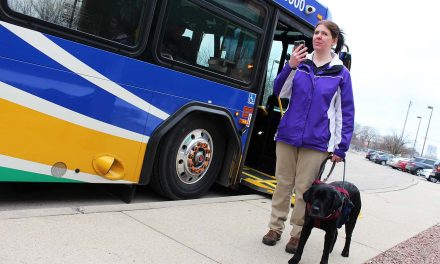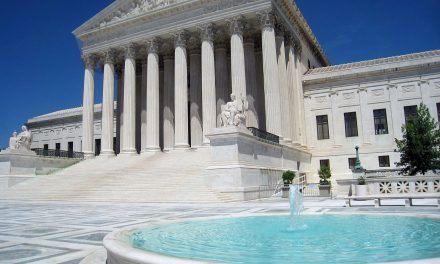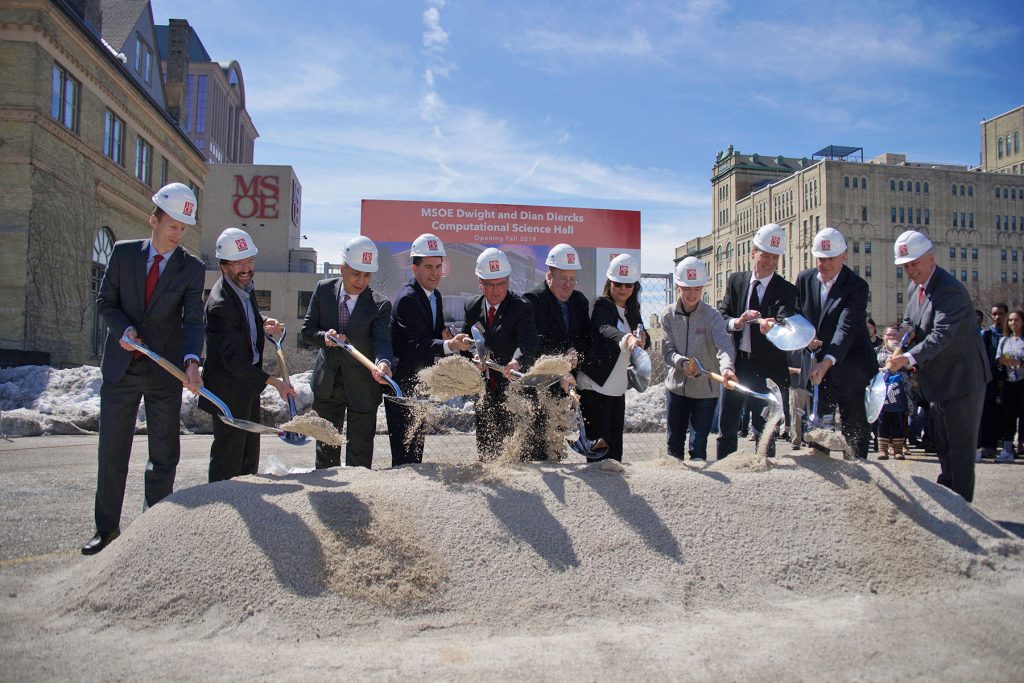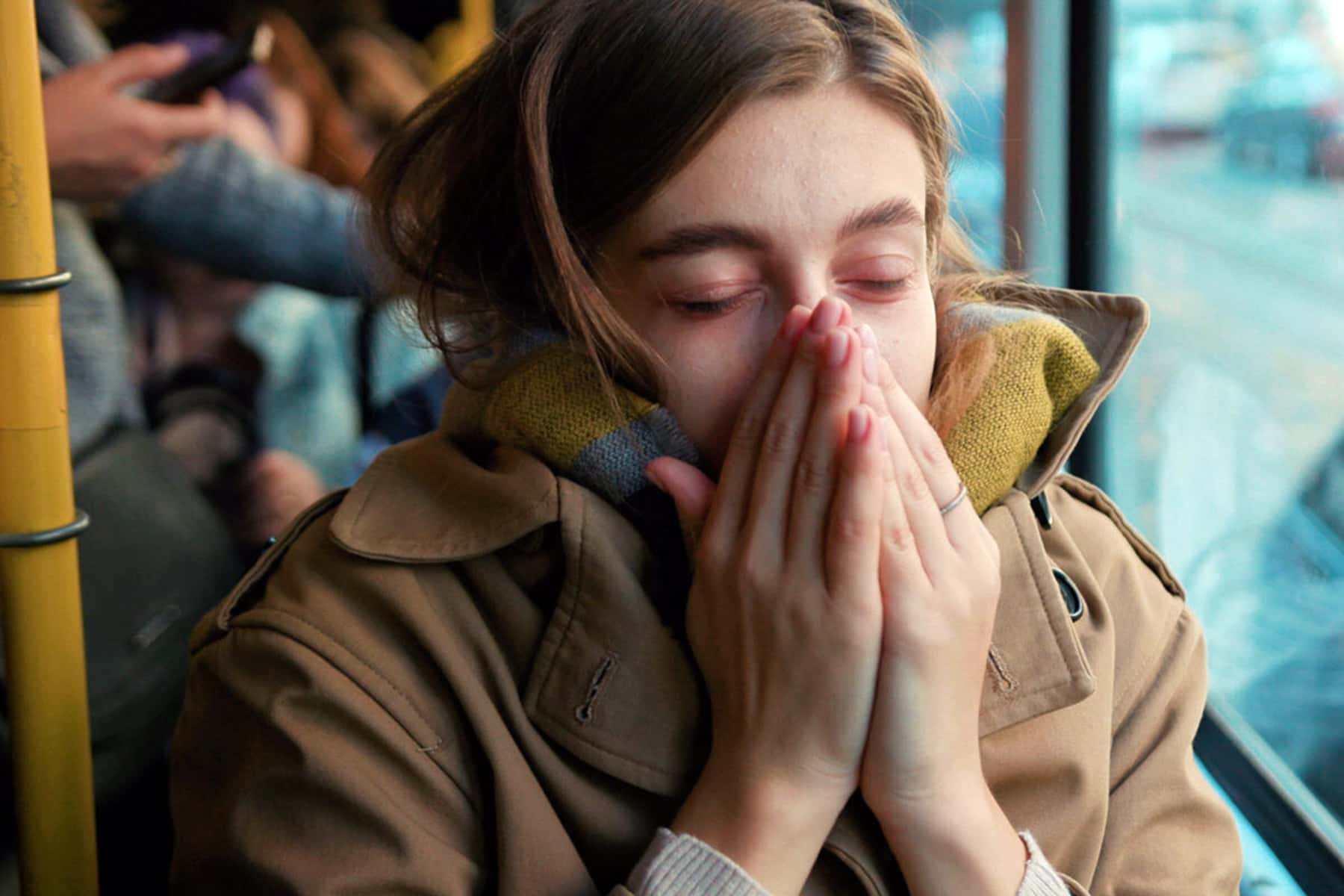
On the heels of the Wisconsin Department of Health Services (DHS) issuing guidelines regarding travel and mass gatherings to help limit the spread of Novel Coronavirus Disease 2019 (COVID-19), the City of Milwaukee Health Department (MHD) is issuing similar guidance to help limit the spread of the virus locally.
The MHD is strongly recommending that organizations limit all non-essential gatherings over 250 people to help slow the spread of disease within and between local communities. Mass gatherings and large community events bring people from multiple jurisdictions into close contact with each other, which has the potential to increase COVID-19 transmission. One method to slow the spread of respiratory virus infections, including COVID-19, is by increasing social distancing – reducing close contact.
There is evidence from scientific literature that limiting the size and number of mass gatherings is an effective tool for preventing the spread of disease and slowing the progression of pandemics. At this time there is no recommendation to close schools, businesses or other daily operations. When discussing and considering mass gatherings, organizers should consider the following:
- Potential attendees including: older adults, individuals with underlying health conditions, or other vulnerable groups (children)
- The setting of the event, particularly if it involves sustained interaction between attendees in close physical proximity (6 feet)
The MHD and DHS also recommend against all non-essential travel to any U.S. state where the CDC deems there is “sustained community transmission” of COVID-19. As of March 12, the CDC has determined sustained community transmission is occurring in California, New York, and Washington. As the situation changes, travelers should refer to the list of “States Reporting Cases of COVID-19 to CDC” on the “Coronavirus Disease 2019 (COVID-19) in the U.S.” webpage.
For all travelers returning to Wisconsin from U.S. states where the CDC has determined that community transmission is sustained, MHD and DHS recommends that individuals self-quarantine at home for 14 calendar days and monitor for symptoms of COVID-19, including fever and cough. The DHS COVID-19 webpage provides instructions on how to self-quarantine and self-monitor for symptoms. Currently the CDC, MHD, and DHS recommend the following with respect to international travel:
- All travelers avoid non-essential travel to China, Iran, most of Europe (including Italy), and South Korea (Level 3 Travel Notice)
- Older adults and those with underlying health conditions CDC underlying health conditions avoid travel to Japan (Level 2 Travel Notice)
- Travelers practice normal precautions (avoiding contact with sick people, avoiding touching eyes, nose or mouth, etc.) when traveling to Hong Kong (Level 1 Travel Notice)
The City of Milwaukee Health Department is recommending guidelines for individuals, businesses and organization to follow, as preventative measures. They are:
- All assisted living and long-term care facilities should follow CDC guidelines on environmental cleaning here: Environmental Cleaning and Disinfection Recommendations. By removing dirt and impurities including germs from surfaces it decreases the risk of spreading infection.
- People at higher risk are encouraged to stay home and away from large groups of people as much as possible. Higher-risk individuals include: People 60 and older. People with underlying health conditions including heart disease lung disease or diabetes. People with weakened/compromised immune systems.
- Social distancing is encouraged. This means attempting to remain six feet away from other people and avoiding handshaking and other unnecessary contact.
- Nonessential travel for all individuals is discouraged. Those planning trips should weigh the benefits of going versus not going.
- Businesses should follow the CDC interim guidance which may help prevent workplace exposures to acute respiratory illnesses, including COVID-19, in non-healthcare settings. This guidance also provides planning considerations if there are more widespread, community outbreaks of COVID-19 CDC Business Guidance.
COVID-19 Symptom and Prevention Reminder
When to seek medical evaluation and advice:
- If you have symptoms like cough, fever over 100.4˚ F, or other respiratory problems such as shortness of breath and have either had contact with an individual who has COVID-19 or travelled to a Level 2 or 3 area domestically or internationally – call your primary healthcare provider or your regular doctor.
- Your primary health care provider will be able to collect the needed specimens for testing or refer the patient to an appropriate location. Testing of asymptomatic individuals is not feasible or advisable at this point in time.
- If you cannot see your primary care provider, please go to urgent care. Emergency rooms need to be able to serve those with the most critical needs.
- If you are having a life threatening emergency, call 911.
In addition to the recommendations listed above, the public can help by:
- Staying home when sick.
- Practicing excellent personal hygiene habits, including handwashing, coughing into tissue or elbow, avoid touching eyes, nose, or mouth.
- Maintaining a distance of six feet away from people who are ill, especially if you are 60 and older or have underlying health conditions such as diabetes, heart disease, lung disease, or a weakened/compromised immune system.
- Staying informed. Information is changing frequently.
- Please refrain from shaking hands, rather fist bump or tap elbows.
“I want to thank Governor Evers for declaring a state of emergency, and DHS for issuing guidelines in a proactive manner,” said City of Milwaukee Commissioner of Health Jeanette Kowalik. “Following these guidelines can help limit the spread of COVID-19 locally, and as always we encourage people to take proper precautions by washing their hands regularly with soap and water for at least 20 seconds, coughing into their elbow and staying home if sick. We all have a role to play in limiting the spread of this virus, and limiting large gatherings and unnecessary travel is one piece of the puzzle.”

